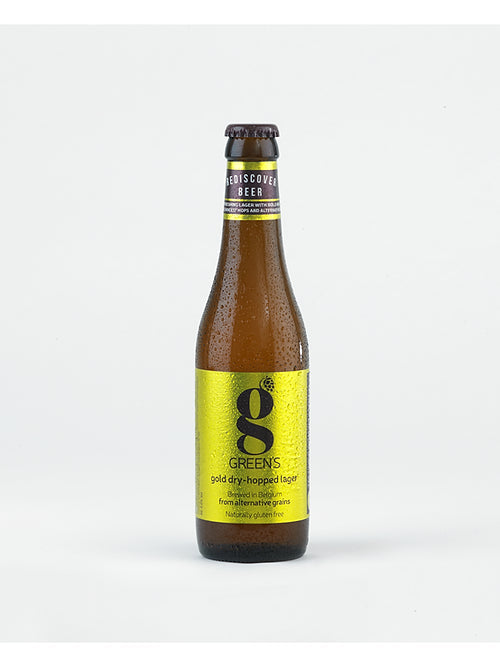Gluten-Free Beer
What benefit does gluten-free beer have? It has a lower chance of causing you bloating compared to regular beverages. It is perfect if you are on a diet that is free from gluten. In addition, if you are a vegan, you can find some booze that exclude animal products. Thus, making them suitable.
A majority of producers already make alcohol that is accessible to everybody. They make beer for gluten-sensitive people with a strong flavor and minimal gluten. The ales are so incredible you will not feel like you are missing anything. Here is everything you need to know about gluten-free lager.
How is a gluten-free beer produced?
The popularity of diets with no gluten is growing tremendously. Research shows the industry has an annual growth rate of about 28%. Thus, gluten-free beer stores are currently growing in popularity. One vital thing that most people want to know is how producers make booze for gluten-sensitive people.
Brewers make gluten-free beer with ingredients that don't have gluten. Some people who are gluten intolerant have some form of reaction to specific proteins used in lager makings, such as wheat and barley. Thus, most producers opt to use these components for gluten-intolerant persons:
Corn;
Buckwheat;
Sorghum;
Rice;
Millet.
Therefore, the primary difference between regular ale and gluten-free production is ingredients used lack gluten or have minimal amounts. Ales brewed primarily from cereals are ideal for celiacs. Celiac gluten-free beer does not trigger any responses from individuals with celiac disease.
What kinds of gluten-free beers are there?
There are different kinds of ales. Here are two types of ales for gluten-intolerant people:
Gluten-free: Producers make gluten-free pints with entirely non-gluten components.
Gluten-removed: Brewers make ale from ingredients with gluten, such as rye, wheat, or barley. They then process it with enzymes that break down gluten into small fragments, which are low risk to individuals who are gluten intolerant. Brewers make ale from ingredients with gluten, such as rye, wheat, or barley. They then process it with enzymes that break down gluten into small fragments, which are low risk to individuals who are gluten intolerant.
Is there a difference in taste with regular beer?
Yes, savor varies depending on what brand and materials are used. However, gluten-free lager tends to have a different taste profile than traditional brews due to lack of gluten. Gluten is a protein found in wheat, barley, and rye, which gives booze its characteristic texture and mouthfeel. Without gluten, it has a lighter body and a less creamy texture.
Many brews without gluten protein are made with alternative grains such as sorghum, rice, or millet, which can give it a slightly different savor. These alternative grains can impart a slightly sweeter or grainier taste. Some brews may also contain other fruit or spices to enhance flavor, making them taste quite different from traditional brews.
Additionally, they could have less alcohol content than standard lagers, which alters their flavor and provides a distinctive and diverse taste sensation.
However, it’s challenging to replicate taste of traditional brews. Some enthusiasts have said this booze lacks the same richness and depth of flavor as traditional alcohol. Still, they are delicious alternatives for those with gluten intolerance.
How to order and deliver gluten-free beer from our store?
Luxembourg's gluten-free online store is incredibly customer friendly. We provide reasonable gluten-free beer prices. If you want to order your favorite ale from our store, visit our website. Choose the best beverage from organic ingredients, checkout, and make payments. Once done with all processes and your order processing is complete, delivery will commence. With Luxembourg’s store, you are sure of fast delivery processes.
Final remarks
Naturally, gluten-free booze is incredibly beneficial to any gluten-intolerant individual. One thing you can enjoy is the savor of the pint. Brewers' exploration of ingredients such as millet, corn, rice, and buckwheat ensures you get all benefits. With the rise of gluten-free booze, individuals with an intolerance can now enjoy the same flavors and tastes as everyone else.


